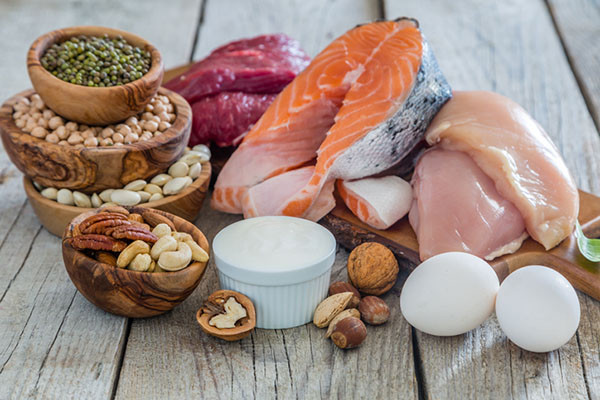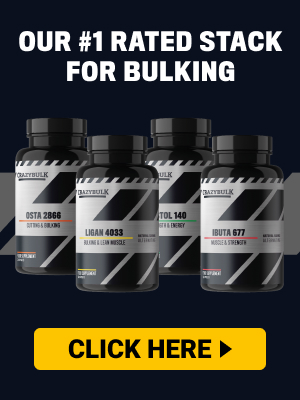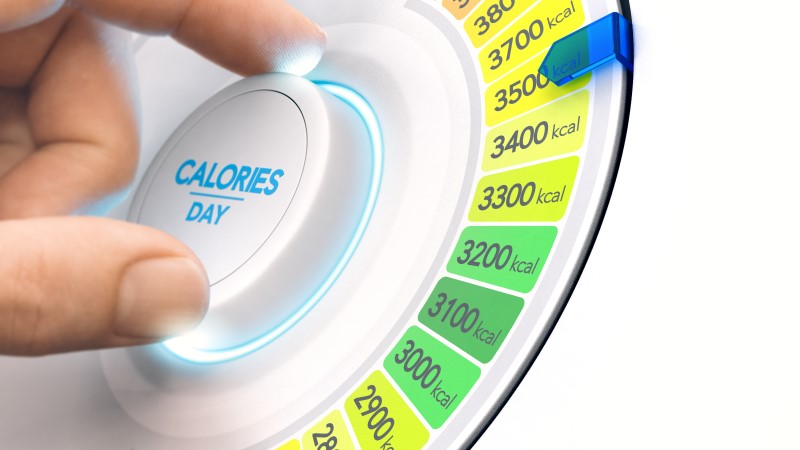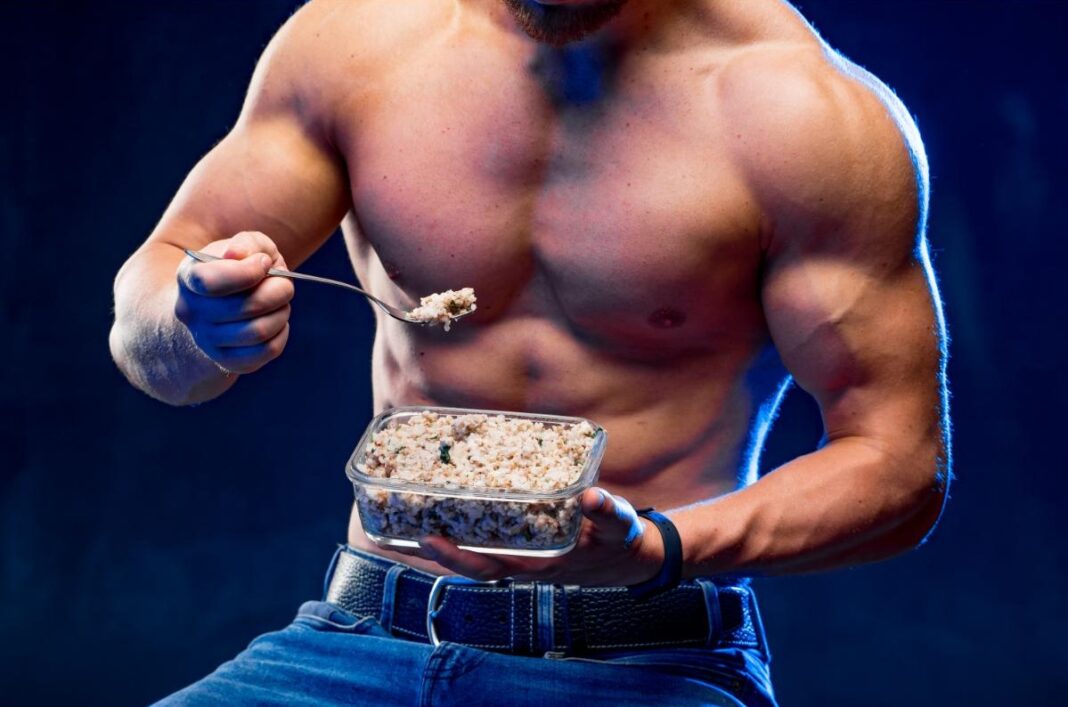Protein for Muscle Growth: How Much Do You Really Need?
If calories are the fuel, protein is the raw material your body uses to build and repair muscle. You can train like a machine — but without enough protein, your results will stall.
In this guide, you’ll learn:
- How much protein your body actually needs to grow
- Why timing and distribution matter
- The best food sources (real food + supplements)
- Common myths that hold lifters back
Let’s break down what science — and decades of bodybuilding experience — say about optimizing your protein intake for muscle growth.
🧩 What Protein Does for Muscle Growth
Protein is made up of amino acids, the building blocks your body uses to repair damaged muscle fibers after training.
When you lift, you create micro-tears in muscle tissue. Protein synthesis is the process of repairing and reinforcing those fibers, leading to growth and strength gains.
But here’s the catch — for muscle growth to occur, protein synthesis must exceed protein breakdown.
That’s why daily intake, timing, and quality all matter.
⚙️ How Much Protein Do You Really Need?
🧮 1. The Science-Based Range
Most research agrees that the optimal range for muscle growth is:
1.6 to 2.2 grams of protein per kilogram of bodyweight per day
(or 0.7–1.0 grams per pound)
This range covers almost everyone — from beginners to advanced lifters.
- Beginners: 1.8–2.0 g/kg (rapid adaptation and growth)
- Intermediates: 1.6–1.8 g/kg
- Advanced lifters or cutting: up to 2.2 g/kg
👉 Example:
An 80 kg lifter (176 lbs) should consume:
80 × 1.8–2.0 = 145–160g protein/day
That’s roughly 600–650 calories from protein.
🍽️ 2. Protein Timing: How Often Should You Eat?
The old “anabolic window” isn’t just post-workout — it’s open all day.
Muscle protein synthesis peaks every time you eat a high-protein meal (20–40g).
To keep growth elevated, you need consistent spikes throughout the day.
🔹 Ideal Meal Distribution
| Meal | Timing | Protein Target |
| Breakfast | Within 1 hour of waking | 25–40g |
| Lunch | Midday | 25–40g |
| Pre-Workout | 1–2 hours before training | 20–30g |
| Post-Workout | Within 2 hours | 30–40g |
| Dinner | Evening | 25–40g |
| Optional Snack | Before bed (casein or yogurt) | 20–30g |
Aim for 3–5 protein feedings per day, roughly 3–5 hours apart.
🏋️♂️ 3. Protein Intake for Different Goals
| Goal | Target Range | Notes |
| Muscle Gain (Bulking) | 1.6–2.0 g/kg | Focus on steady surplus and full recovery. |
| Fat Loss (Cutting) | 2.0–2.4 g/kg | Prevents muscle loss while dieting. |
| Maintenance | 1.4–1.8 g/kg | Sustains muscle and recovery. |
| Recomposition | 1.8–2.2 g/kg | For those trying to gain muscle while losing fat. |
Protein is most protective during calorie deficits, when your body risks breaking down lean tissue for energy.
🧬 4. Protein Quality and Digestibility
Not all protein sources are created equal.
High-quality (complete) proteins contain all 9 essential amino acids — particularly leucine, which triggers muscle growth.
🥩 Top Animal-Based Proteins
- Chicken breast
- Lean beef
- Eggs and egg whites
- Fish (salmon, tuna, cod)
- Greek yogurt
- Whey protein isolate
🌱 Top Plant-Based Proteins
- Tofu and tempeh
- Lentils and chickpeas
- Quinoa
- Edamame
- Pea or soy protein powder
If you’re vegetarian or vegan, combine multiple sources (e.g., rice + beans) for a full amino acid profile.
⚡ 5. Leucine: The Growth Trigger
Leucine is the key amino acid that activates mTOR, the pathway responsible for muscle protein synthesis.
Aim for 2–3g leucine per meal, which you’ll get from:
- 25–30g of whey protein
- 120g chicken or beef
- 200g Greek yogurt
- 150g tofu or tempeh
🧪 6. Protein Absorption & “Anabolic Ceiling”
You can absorb more than 30g of protein per meal — the old myth that your body “wastes” the rest is false.
However, muscle protein synthesis tops out around 30–40g per meal depending on body size.
Larger individuals or those training intensely may benefit from slightly higher servings (40–50g).
The key is consistent daily total intake — not obsessing over single meals.
🧘 7. Pre- & Post-Workout Protein Strategy
Timing around your workouts still matters, especially for recovery.
Pre-Workout (1–2 hrs before):
- Protein shake (20–30g whey)
- Chicken, rice, and veggies
- Greek yogurt + oats
Post-Workout (within 2 hrs):
- Whey shake + banana
- Tuna sandwich
- Egg omelet + potatoes
You want fast-digesting protein post-training to flood muscles with amino acids quickly.
Further Reading: Best Pre- and Post-Workout Meals for Gains
💪 8. Protein Supplements: When and Why to Use Them
Whole food should always come first — but supplements are practical tools when you’re busy or short on appetite.
Top Evidence-Based Options:
- Whey Protein Isolate: Fast-digesting, high leucine, ideal post-workout.
- Casein Protein: Slow-digesting, perfect before bed.
- Vegan Blends (Pea + Rice): Great for plant-based lifters.
💡 Tip: Use supplements to fill gaps, not as a crutch.
1–2 scoops per day is enough for most lifters.
See also: Best Supplements for Muscle Growth
🔁 9. Common Protein Myths (Debunked)
❌ “Too much protein damages your kidneys.”
Healthy individuals handle high-protein diets (up to 3g/kg) safely — confirmed by research.
❌ “You can’t absorb more than 30g of protein per meal.”
Absorption is not the same as utilization. Your body digests protein over hours, not minutes.
❌ “Protein powders are steroids.”
They’re just powdered food — concentrated dairy or plant protein, not hormones.
🧩 10. Example Protein Day (180g Target)
| Meal | Food Example | Protein |
| Breakfast | 3 eggs + 3 egg whites + oats | 35g |
| Snack | Greek yogurt + almonds | 25g |
| Lunch | Chicken breast + rice + veggies | 45g |
| Dinner | Salmon + potatoes | 40g |
| Before Bed | Casein shake or cottage cheese | 35g |
| Total | ~180g protein |
✅ Key Takeaways
- Aim for 1.6–2.2g protein per kg of bodyweight per day.
- Spread intake evenly across 3–5 meals to maximize MPS.
- Choose complete, high-leucine proteins.
- Protein powders are useful — not essential.
- Consistency > perfection — hit your daily goal before worrying about timing minutiae.
🔗 Related Articles
- The Fundamentals of Muscle-Building Nutrition
- How to Calculate Calories for Muscle Growth (TDEE Guide)
- The Role of Carbs in Building Muscle
- Best Supplements for Muscle Growth
- How to Build a Muscle-Building Meal Plan






